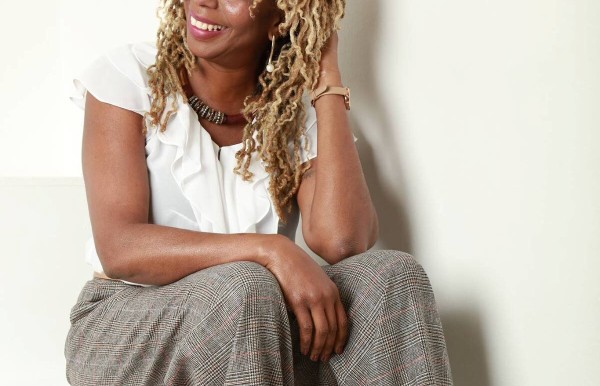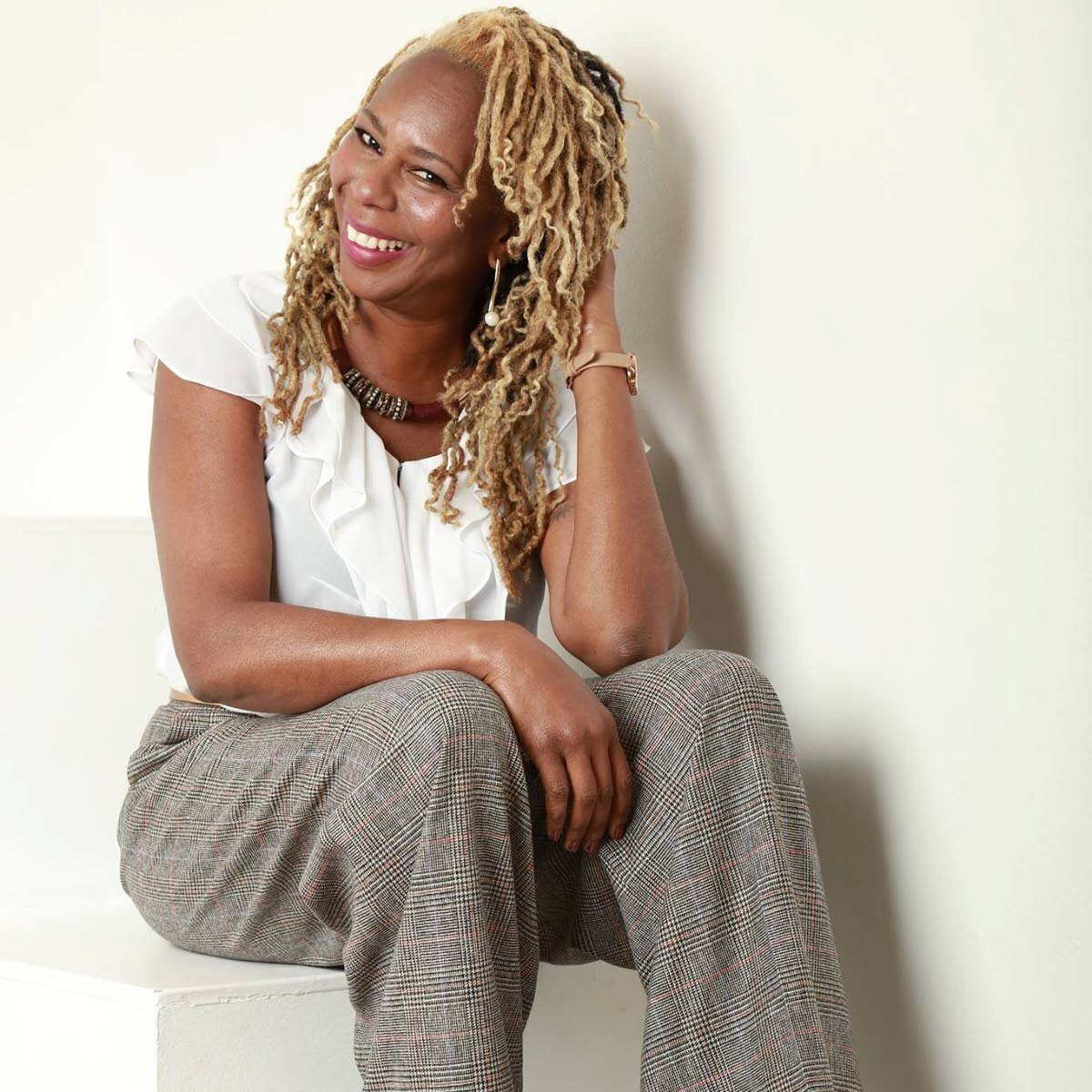


Dr Yansie Rolston
When I was asked to complete the sentence Proud to Be… my immediate reply was Proud to Be An Unapologetically Black Woman, but I was then asked to think of something else. I paused, took a deep breath, and reflected on some of my more recent accomplishments. Then it came to me - I am proud to be the Associate Director of Health and Wellbeing at The Ubele Initiative.
Truth be told, I initially avoided stepping into the role because my previous experience of wading through the murky sludge of inequalities that hampers access to good quality health and social care for black people had been challenging. Too often I had found myself, along with other dedicated public health colleagues expending a lot of energy navigating systems and structures that seemed to be made of rapidly sinking quicksand, and I questioned the motive of many of the key decision makers wondering whether it was to keep the health and wellbeing of the black community stuck at the bottom of the abyss. That was quite disheartening.
Then, one morning in the wee hours my thoughts drifted to a friend who had died during the pandemic. Their death was mainly due to poor quality healthcare, and it was at that moment that I decided to say yes to the role. You see, the research on the health inequalities experienced by the black community is no secret - it is out there.
We know the reality for the black community is of an unfair, unequal, deep seated discriminatory system which lowers our chances of leading healthy lives. We know of the disproportionality in issues such as detentions under the mental health act, infant and maternal mortality, cardiovascular disease and diabetes, the digital and electronic health divide, access to genomic and genetic testing, to name a few - all of which are also compounded by socio-economic inequalities. But they need not exist.
In the context of the above, I summarise my role as a public health advocate with a focused lens on delving into and unpicking what lies behind the racial and ethnic inequalities. In other words, my work is about raising awareness, relationship building, educating, sensitising, mobilising and influencing. But what does that look like in practice? It means that on any given day I could be delivering workshops, trawling through the ONS website for statistical data, creating and facilitating safe space intimate conversations, signposting individuals and organisations to support and resources, writing articles and press releases, creating slogans, co-creating training modules, applying for funding, meeting with stakeholders, signing petitions, and very occasionally having to channel meditative energy to avoid losing my rag in the face of apologists or performative allyship.
To be honest, there are times when the work seems overwhelming, especially when there are not enough hours in the day, and days in the week, but when I reflect on some of the deep meaningful conversations, the positive outcomes, the acts of appreciation, the comradery and friendships that have come out of the work that I do, I am proud to be an unapologetic black woman leading on Health and Wellbeing programmes for the community.